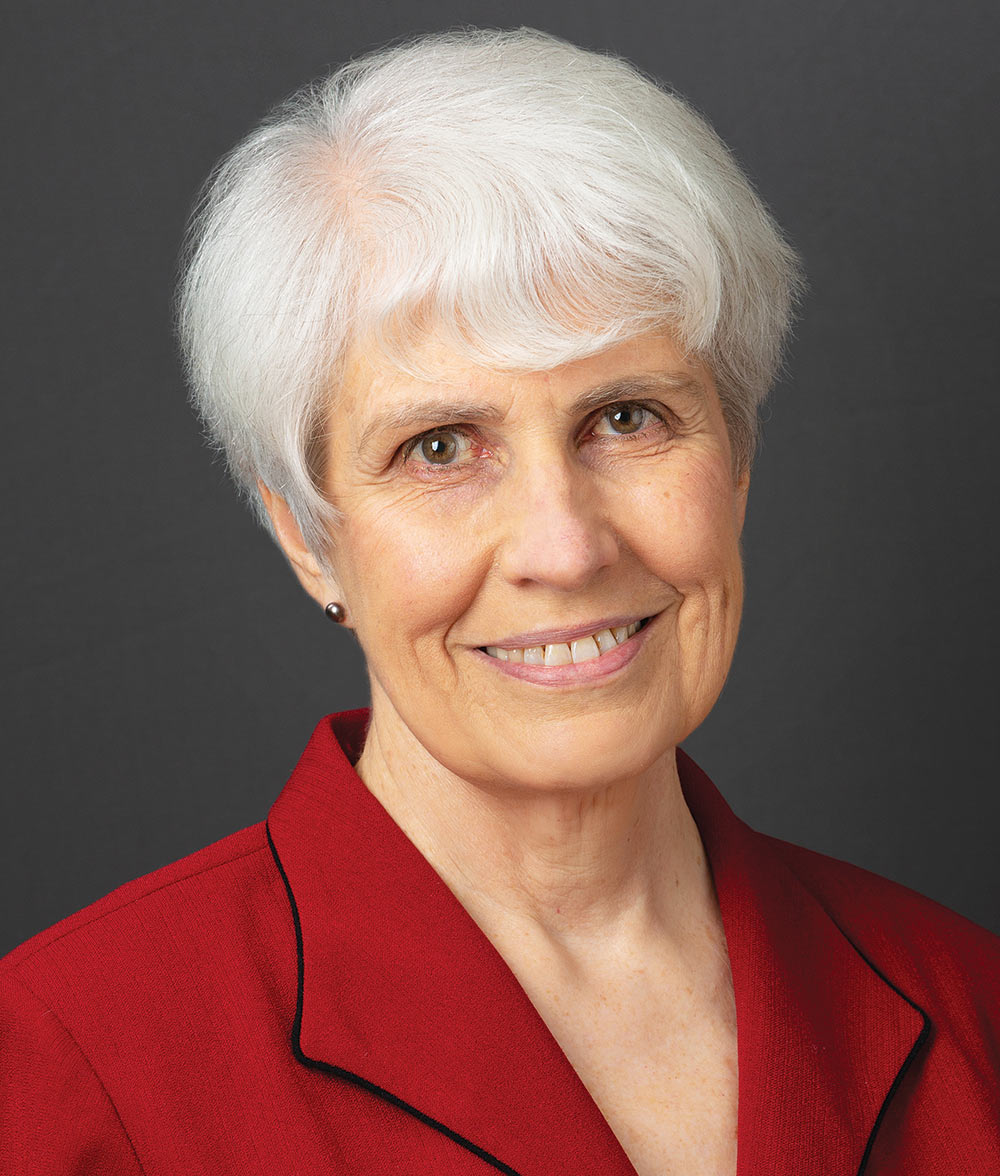After graduating from Bucknell in 1968, my first 20 years included marriage, children and working as a children’s-music educator. But in midlife, I began paying more attention to a long-deferred call to ordained ministry. I tested this call by taking a unit of chaplaincy training at Williamsport Hospital. While learning how to provide pastoral care to folks with respiratory illnesses, I learned much about myself and my gifts for ministry. The experiential education I received in those seven months emboldened me to take a bigger plunge. In 1988, as a midlife, single mother of four, I headed off to Princeton Theological Seminary for a master of divinity degree. When I told the admissions officer that my Bucknell major had been history, he told me that a history major was excellent preparation for theological studies. Who knew?

In the 20 years that followed seminary, I put that academic and spiritual formation to use, first as a parish pastor, then as a geriatric chaplain and, finally, as a hospice chaplain. Now, in semi-retirement, I minister part time as a spiritual director and retreat leader. I am also a newly published author of a book of 52 meditations for older adults.
A ‘Friendly Visitor’
How did my years at Bucknell, 1964-68, equip me for the vocational shift I made in midlife and the paths I took thereafter? Through Bucknell’s Christian Association, I volunteered as a “friendly visitor” at Lewisburg’s Evangelical Home (now Slifer House). There I gave a “good listening” to a retired coal miner, a woman who’d labored in a cigar factory and a former butcher. As a budding history major, I was eager to hear oral history straight from the mouths of those who’d lived it. I also learned some early lessons on setting appropriate boundaries in relationships.
I credit the late Professor Douglas Sturm with modeling how deep faith, intellectual curiosity and academic rigor can fruitfully coexist. In the rich and even-handed introduction he gave to world religions, I was unknowingly being prepared to minister respectfully across a variety of faith traditions. Memorably, Doug embodied his own exuberant faith in supportive ways with students and his passion for social justice issues. Two decades later, it was Doug to whom I turned for a recommendation to accompany my Princeton Seminary application. How heartened I was by his confidence in my ability to attempt this new venture, as I’d been away from academia for so long.
Life-giving Meanings
Doug was not the only Bucknell faculty member to help me on my journey. As a chaplain, I listened to the dying tell their life stories, recalling what I’d learned from Professor John Kirkland — that history is more than a skeletal timeline of dates and events. Strikingly different meanings can be given to events, depending on the historian’s perspective on those happenings. This helped me understand why family members could give conflicting interpretations in recounting the same event. It also led me to invite patients to assign new and more life-giving meanings to their life stories. The late Professor John “Jack” Wheatcroft ’49, in his course on the English novel, taught me to recognize theological themes in literature. Doing so cultivated my sensitivity to hidden themes as they arose in conversations with patients.
In sum, I am grateful for my Bucknell education and the role it played in preparing me for a theological education and ministry as a spiritual caregiver. To quote a line from Psalm 16:6 — “Yes, I have a goodly heritage.”
Susan Mitchell Scott ’68 is an ordained minister in the United Church of Christ and board-certified chaplain in the Association of Professional Chaplains. She ministers as a spiritual director, retreat leader and supply preacher. Her first book, Still Praying After All These Years: 52 Meditations for Later Life, was released by Upper Room Books in August.